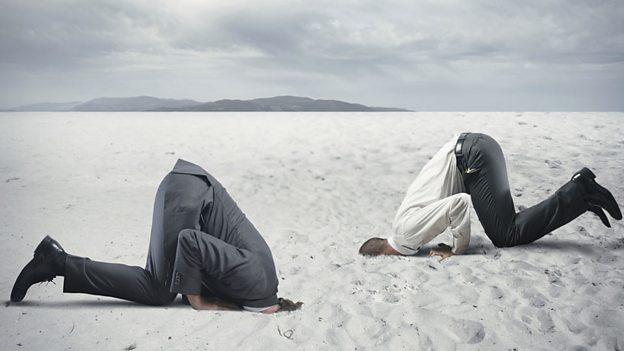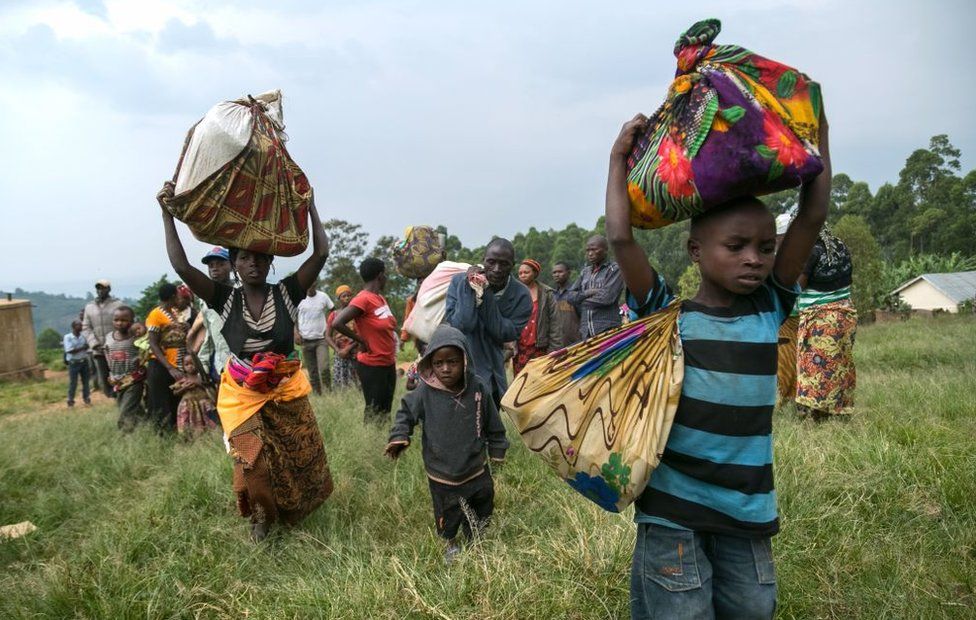Some nights I love to stay up late and watch Straight talk Africa. Lately, I was following a series they were airing called a day in the life of a refugee. The stories were very mind-boggling and it dawned on me that each one of us wherever we are, is just an insurgency away from being a refugee. I watched in a mixture of emotions the plight of these men and women with their families just trying to make it to safety and try to forge a living. A life once perfect, snatched away by a group of selfish people who could be fighting from the effects of their ego, who knows? But like an African proverb reads, “When elephants fight, it is the grass that suffers“
According to Wikipedia, A refugee is a displaced person who has crossed national boundaries and who cannot or is unwilling to return home due to well-founded fear of persecution. In other words, a person who has been forced to leave their country to escape war, persecution, or natural disaster.
As of the end of 2020, the refugee statistics were at 82.4 million people compared to 79.5 million people who were forcibly displaced worldwide by the end of 2019 according to The UN Refugee Agency (UNHCR) all this being as a result of persecution, conflict, violence, human rights violations or events seriously disturbing public order. More than two-thirds of all refugees (68%) were from five countries [ Syrian Arab Republic – 6.7 million, Venezuela – 4.0 million, Afghanistan – 2.6 million, South Sudan – 2.2 million, and Myanmar – 1.1 million]. 39% of these were being hosted in five countries including Turkey hosting the largest number of refugees with nearly 3.7 million people, Colombia – 1.7 million, Pakistan – 1.4 million, Uganda – 1.4 million, and Germany – 1.2 million. 35 million (42%) of these were children below the age of 18 years and a whole 1 million children were born as refugees between 2018 and 2020, an average of between 290,000 and 340,000 children being born into a refugee life per year.
The reason I labor to put out these statistics is to show you that the burden of not only being a refugee but also being a refugee host country seeing that my country (Uganda) is one of the five countries hosting the highest number of refugees in the world. Refugees face a plethora of challenges including cultural barriers, access to basic needs like shelter, health care, clothing, a livelihood to mention but a few. The malnutrition burden alone among refugees leaves you teary. On the other hand, countries that host refugees grapple with several endless challenges as a result of opening their borders for these people including environmental degradation during the process of setting up camps, insecurity spillovers from the conflict in the country of origin, high economic and social costs to mention but a few. Now in this Covid era, one can only imagine what the refugees and refugee host countries are going through.
Much as opening borders is the right thing to do, many a time this influx often impacts the politics and governance of the host countries. Some people often ask why refugees are ‘prioritized’ over the citizens, arguing that many people are also in worse situations than the refugees in the country but more often than not they are not thought of, or maybe not enough. The issue of refugees has for a long time also been one of contention even within the European Union (EU), with some member countries divided over the matter. Countries like Hungary, for example, refused to take in their quarter share of refugees entering Europe, arguing that it would strain her economy. This leaves me wondering what the best approach to handling this refugee influx should be given the fact that we are all potential refugees. You do not want to be caught in a situation where you close your borders to refugees only to face the same fate years later and you are left with nowhere to run to for safety.
I was following a Twitter thread for Straight Talk Africa, where we were being asked “Can those (refugees) who have escaped conflict return home?” This would have been the answer to all those questions or say concerns I point out above I suppose, right? No, unfortunately, it is not as easy as I may want to think; a friend of mine Musanjufu Benjamin said, ” These crises that make our brothers and sisters flee are caused by those same countries, that produce the guns; they control the plunder of natural resources that lead to disorder.” I couldn’t agree more. What he was essentially saying was that we keep burying our heads in the sand seeming to find solutions to the problem yet overlooking the root cause.

Are we burying our heads in the sand?
Could this be the answer to reducing the influx of refugees in host countries and reducing the burden on them or is there somewhere we are not looking?
Tomorrow we are going to look at the sickening plight of refugees with a focus on the malnutrition burden.

It has continually baffled me how we take in the most refugees and yet barely breaking ground ourselves. Is it helping the people or the system? Thanks for bringing this up
Look at it this way, refugees are a ‘source’ of income from donor countries, It sounds lucrative to the leaders so I guess they will bring in more and more until they cant have more. It is a sad reality